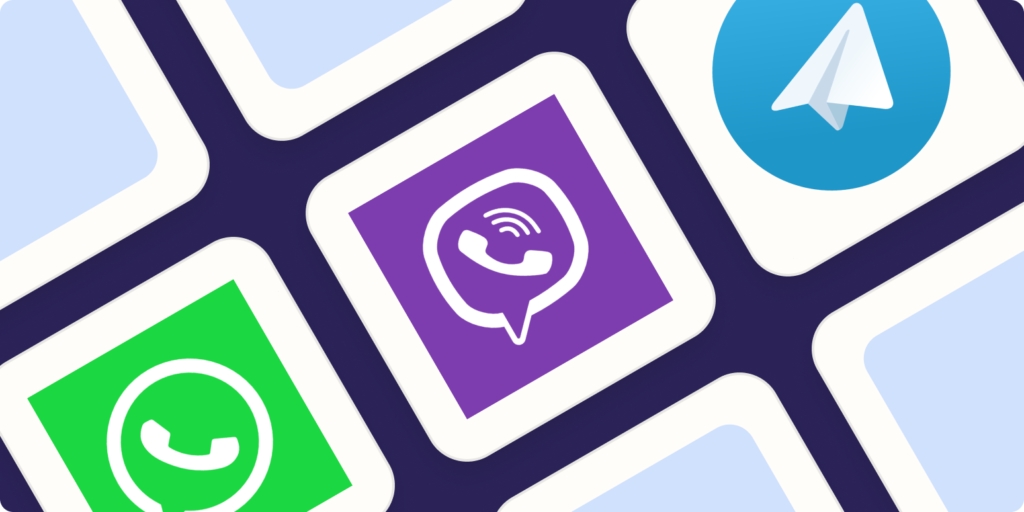Messaging apps have become a cornerstone of modern communication, fundamentally altering the way we interact with one another. These applications, which include popular platforms like WhatsApp, Facebook Messenger, WeChat, and Telegram, offer instant connectivity, multimedia sharing, and a host of other features that have transformed personal communication. This article explores the impact of messaging apps on personal communication, examining both the positive and negative aspects.

The Rise of Messaging Apps
The advent of smartphones and the proliferation of internet access have paved the way for the rise of messaging apps. Unlike traditional SMS, these apps utilize internet protocols to send and receive messages, making communication faster, more reliable, and often free, as they bypass standard text messaging charges. This convenience has led to widespread adoption, with billions of users worldwide relying on these apps for daily communication.
Positive Impacts on Personal Communication
- Instant Connectivity: Messaging apps allow users to communicate in real-time, regardless of geographical barriers. This instant connectivity has brought people closer, enabling friends and family to stay in touch effortlessly.
- Multimedia Sharing: These apps support various forms of media, including photos, videos, voice notes, and documents. This capability enhances the communication experience by allowing users to share moments and information more vividly and interactively.
- Group Communication: Messaging apps facilitate group chats, making it easier to organize events, share updates, and stay connected with multiple people simultaneously. This feature is particularly beneficial for families, friend groups, and teams.
- Enhanced Features: Beyond text messaging, many apps offer additional features such as voice and video calls, stickers, GIFs, and location sharing. These enhancements make conversations more engaging and expressive.
- Cost Efficiency: By using internet connectivity, messaging apps reduce the need for traditional SMS and long-distance call charges. This cost efficiency is especially valuable for international communication, making it more accessible and affordable.
Negative Impacts on Personal Communication

- Reduced Face-to-Face Interaction: The convenience of messaging apps can lead to a decline in face-to-face interactions. People may opt for digital communication over personal meetings, potentially weakening social bonds and reducing the quality of interpersonal relationships.
- Overreliance on Digital Communication: Overreliance on messaging apps can lead to a lack of communication skills, such as the ability to read body language and facial expressions. This can affect the depth and authenticity of conversations.
- Privacy Concerns: The use of messaging apps raises privacy issues, as personal conversations and data are stored on servers that could be vulnerable to hacking or misuse. Users must be cautious about the information they share and the platforms they trust.
- Distractions and Interruptions: The constant notifications from messaging apps can be distracting, leading to interruptions in daily tasks and a decrease in productivity. This can also contribute to a sense of being constantly “on-call,” leading to stress and burnout.
- Digital Miscommunication: Without the nuances of vocal tone and body language, text-based communication can sometimes lead to misunderstandings and conflicts. Emojis and GIFs can help convey emotions, but they are not a perfect substitute for face-to-face interaction.
The Future of Messaging Apps
As technology continues to evolve, messaging apps are likely to become even more integrated into our daily lives. The rise of artificial intelligence and machine learning could bring new features such as smart replies, better translation services, and more advanced security measures. Additionally, the growing trend of integrating messaging apps with other services, such as e-commerce and banking, could further expand their utility and impact.
Conclusion
Messaging apps have significantly transformed personal communication, offering unparalleled convenience, connectivity, and multimedia capabilities. While they bring numerous benefits, including cost efficiency and enhanced engagement, they also pose challenges such as reduced face-to-face interaction and privacy concerns. As these apps continue to evolve, it is essential to balance their use with traditional communication methods to maintain the depth and quality of our personal relationships. Embracing the advantages of messaging apps while being mindful of their potential drawbacks will help us navigate the complexities of modern communication in a digital age.



